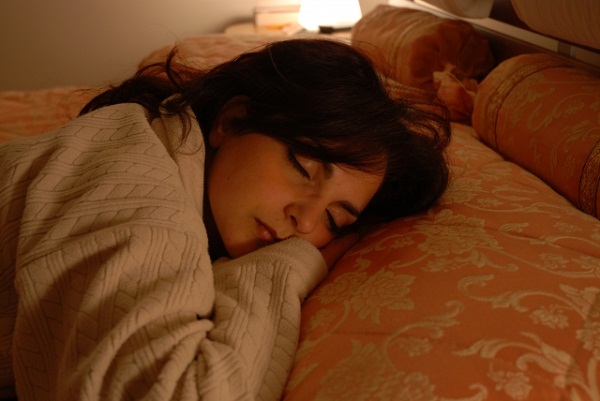
Urinary incontinence, or more commonly known as incontinence, is the involuntary loss of urine and is experienced by millions of women worldwide. This happens mostly when you are coughing or running. Incontinence can be slightly bothersome and embarrassing. Not many people are comfortable is discussing this problem with their friends and family and that is why a number of myths have came into existence. In this article, we have compiled a list of some of the facts associated with incontinence.
1. Avoiding liquids is not going to help you out
The first thing that most of the people will suggest you is to drink as little as possible, however, this is nothing more than a myth. Although avoiding liquids appears to be the most logical way to prevent such accidents, but the fact is that this will only increase your problems.. In fact, drinking plenty of water in small doses throughout the day can be very effective in improving bladder control and reducing odor. You must also focus on reducing the intake of citrus juices, caffeine and carbonated beverages.
2. It is not a very serious problem
Some people are of the opinion that it is a very serious problem, however, we want to assure you that it is definitely not something which can claim or even shorten your life, but still it is quite embarrassing thus making your life miserable. Obviously, living continuously under the fear of an accident can definitely inhibit the desire to leave the house, have sex or socialize, thus contributing towards depression and loneliness. There are certain complications which can also arise such as irritation and skin rashes.
3. Natural therapies are very effective
You won’t find many people who are in the favor of opting natural therapies, however, the fact is that surgery and medications are not your only options. Studies have shown that incontinence can be prevented or improved with the help of magnesium and vitamin D, both of which can be supplied either from food or dietary supplements. The muscles around the bladder can be trained and strengthened with the help of kegel exercises and biofeedback. Some researches have even shown that hypnotherapy and acupuncture also have positive effects.
4. Incontinence can occur at any age
This is a popular myth that only older people get it, but the fact is that anyone can experience the symptoms at any time. However, the risk of incontinence goes up as you age as the estrogen loss at menopause weakens the pelvic muscles, but women as young as 20 are also known to have this problem.
5. Leaking urine is a sign of incontinence
Although incontinence is quite embarrassing, but still not many people consider leakage as a medical problem, especially when it comes gradually. Most of the women having it associate the symptoms of this problem with their menstrual period and that is why they use feminine hygiene products to control them. If you are having any such symptoms, then it is better to consult your doctor.
6. Surgery should be your last option
As stated earlier, surgery is not your only option, in fact it must be your last option. In some cases it may help, but on the other hand it also poses more risks, such as worsened incontinence and difficulty in urinating. Invasive procedures like sling surgery and retropubic suspension are especially risky. Surgical options must be reserved for those patients who don’t get relief from non surgical options.
7. You are not the only one who has it
This is fact which is very less known because not many people talk to their doctors about it. In fact, almost 200 million people worldwide are known to experience the affects of urinary incontinence. The reason behind most of the people having the opinion that this is not very common problem is that most of the cases go untreated and undiagnosed because of the embarrassment and stigma associated with it.
8. There is nothing wrong to drink when thirsty
About 80 percent of the water requirements of your body is met by the intake of liquids (including the non-water resources), but the food we eat is responsible for the rest 20 percent. If your lips are dry and you are feeling thirsty, then you must certainly drink. However, drink only that much amount which is required by your body, and don’t drink unnecessarily.
9. Even men can experience incontinence
Another popular myth related to incontinence is that it is rarely a problem in men. In fact, out of 5 persons having incontinence, at least 1 is a man. But in most of the cases, the problem never comes into light men are less likely to be diagnosed by a doctor and less likely to talk about it with family and friends.
10. Incontinence is not a side effect of pregnancy and aging
One study conducted on women of age group 30 to 70 has shown that most of them are of the opinion that incontinence is a normal part of pregnancy and aging, however, this opinion can’t be further from the fact. although childbirth and aging do increase the risk of incontinence, but they are not always related.




